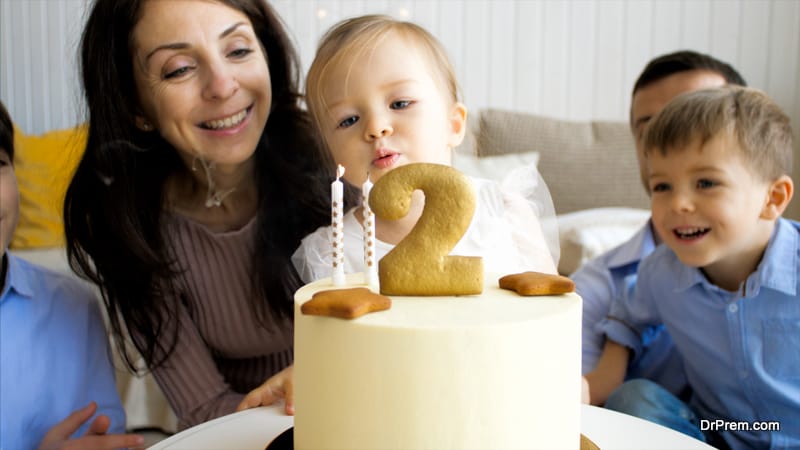All parents have their own style of parenting, which they believe is the best style to bring up their children. Two styles of parenting, authoritative and permissive, are at two different ends of the spectrum. The debate is whether one style is better than the other, or should you decide the style depending on what you are comfortable with, no matter what the experts say. To decide which style of parenting you might adopt, you have to know the difference between them. Read on to find out the difference between authoritative and permissive parenting:
What is permissive parenting
Permissive parenting is a rather carefree style of parenting. In this style of parenting, parents mostly let children take their own decisions. They hardly ever say no, which is why this style is called ‘permissive’ as they give permission to their children to do as they want to, leading to children setting their own boundaries. Children of permissive parents tend to be the decision makers during their childhood. Though there might be a lack of discipline, permissive parents are warm and nurturing, which is actually good for kids. Permissive parents reject the notion of ‘controlling’ their children.
Permissive parenting plus points and drawbacks
Plus points
Permissive parents are emotionally responsive and warm to their children, which is definitely beneficial. Some studies have linked responsive parenting to children feeling secure and demonstrating less behavioral problems. Another plus point of this style is that parents allow their children to discipline/regulate themselves, and do not expect their children to adhere to adult defined behavior standards. The parents are not authority figures and use manipulation or reason to get children to behave. They avoid putting any kind of pressure on the child. The children benefit from the nurturing approach, and making their own decisions also raises their self esteem.
Drawbacks
The drawback of being too lax with children is that the children might become too demanding, and as it often happens, they might lose any respect for adults’ authority. This might lead to problems later on in life, as children might find it hard to accept any kind of rejection. Being too permissive might give rise to children who are immature and extremely impulsive. This parenting style has also been associated to higher BMIs and low activity levels. A study found that pre-teens who had permissive parents watched a lot of TV, exceeding 4 hours every day.
What is authoritative parenting
Authoritative parents set firm boundaries for their children. They tend to include their children in their decision making and encourage their children to share their feelings while explaining to them the benefits of setting those particular benefits. Authoritative parents are open to discussion, though they usually have the last say, but they demand responsible and mature behavior from their children. They support critical thinking and family discussions.
Authoritative behavior plus points and drawbacks
Plus points
Authoritative parenting is demanding and responsive, which actually brings out the best in children. They don’t have to worry about making wrong decisions or how far they can stretch boundaries, as the rules are clearly defined. Children do not have to make the final decision, which prevents them from making choices which might be wrong for them, and sometimes even dangerous. Children respect authority yet are independent which allows them to adjust better to social norms when they grow up. Authoritative parenting is considered to be the best parenting style, and it has been associated to extremely positive results all over the world.
Kids raised by authoritative parents are more likely to become independent, self-reliant, socially accepted, academically successful, and well-behaved. Even if one parent is authoritative, it can make a huge difference to the children. They would have less risk of developing anxiety, depression and would be able to stay away from drugs and delinquency.
Drawbacks
There seems to be hardly any drawbacks, unless the parents become too controlling and children are not able to become independent and self-reliant.
The main difference between both styles of parenting seems to be ‘control’ – permissive parents do not set defined rules whereas authoritative parents set defined limits for their children. As every parent is different, one should follow the style which comes naturally, though authoritative parenting is generally recommended.



